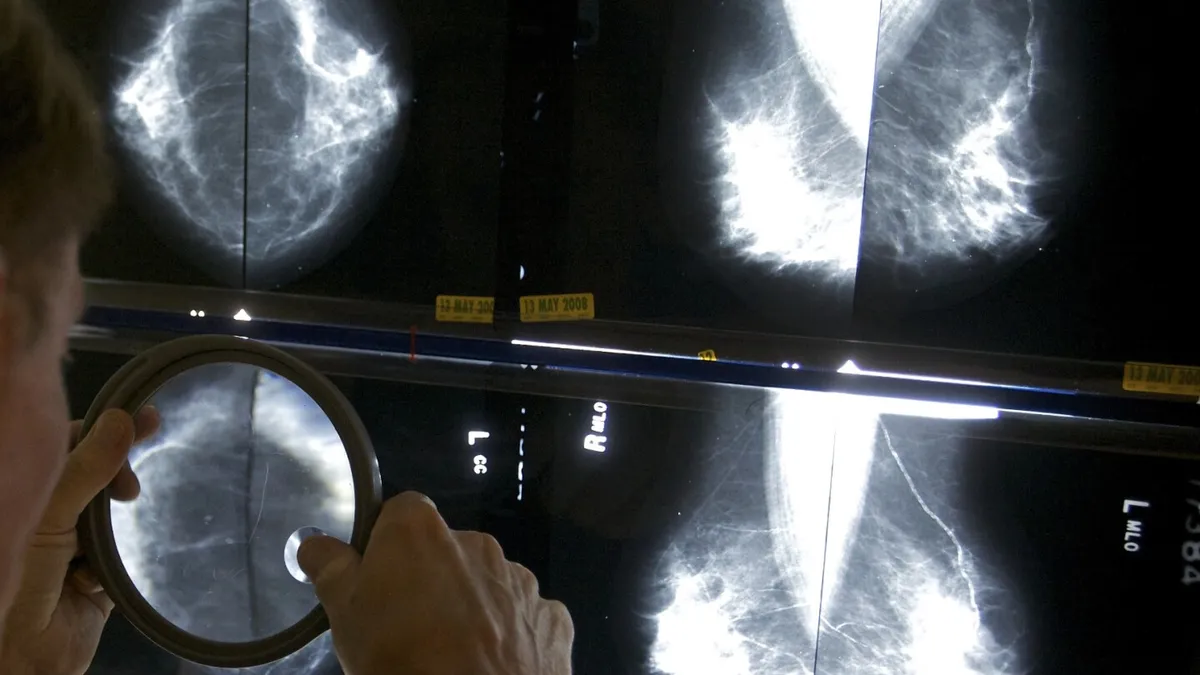
Cancer diagnosed before the age of 50 is rare, yet recent trends indicate an alarming rise in early-onset cancer cases across the United States. Researchers are eager to uncover the underlying causes of this increase. A comprehensive government study has shed light on early-onset cancers, identifying significant rises particularly in breast, colorectal, kidney, and uterine cancers.
Scientists from the National Cancer Institute conducted an extensive analysis of data encompassing over 2 million cancer diagnoses in individuals aged 15 to 49 between 2010 and 2019. The study examined 33 different cancer types, revealing that 14 of these types exhibited increasing rates in at least one younger age group. Notably, approximately 63% of the early-onset cancer cases were found among women.
Tim Rebbeck, a researcher at the Dana-Farber Cancer Institute, commented on the findings, stating, “These kinds of patterns generally reflect something profound going on. We need to fund research that will help us understand.” The results of this pivotal study were published in the journal Cancer Discovery, a publication of the American Association for Cancer Research.
The researchers compared cancer rates from 2019 with expected rates based on data from 2010. The results indicated a concerning number of additional cancer cases. Breast cancer accounted for the highest proportion of this increase, with approximately 4,800 new cases identified. Colorectal cancers saw an increase of around 2,000 cases, while kidney and uterine cancers added 1,800 and 1,200 cases, respectively. Fortunately, death rates from most cancers in young adults remained stable, although rising mortality rates were noted for colorectal, uterine, and testicular cancers.
The reasons behind this disturbing trend are still unclear and warrant further investigation. The databases utilized in the study do not capture specific risk factors or access to healthcare, leaving researchers to speculate. A significant meeting is planned for later this year to convene experts in the field to discuss potential explanations. Meredith Shiels, the lead author of the study, suggested that many of these cancer types are associated with excess body weight, making rising obesity rates a leading hypothesis for the increase.
Another factor could be advancements in cancer detection, along with evolving screening guidelines that may lead to earlier diagnoses. In the case of breast cancer, the trend of women delaying childbirth until later in life may also contribute to increased risk, as pregnancy and breastfeeding are known to lower cancer risk.
It's important to note that the rise in early-onset cancers is not universal across all types. In fact, cancer rates among individuals under 50 are declining for over a dozen cancer types, with the most significant decreases observed in lung and prostate cancers. The decline in lung cancer is likely attributed to a long-term decrease in cigarette smoking, while the drop in prostate cancer may be linked to updated guidelines that discourage routine PSA testing among younger men, addressing concerns over overtreatment.
The findings of this study highlight the complex nature of cancer trends in young adults and underscore the need for ongoing research to understand the factors contributing to rising early-onset cancer rates.
The Associated Press Health and Science Department receives support from the Howard Hughes Medical Institute’s Science and Educational Media Group and the Robert Wood Johnson Foundation. The AP is solely responsible for all content.